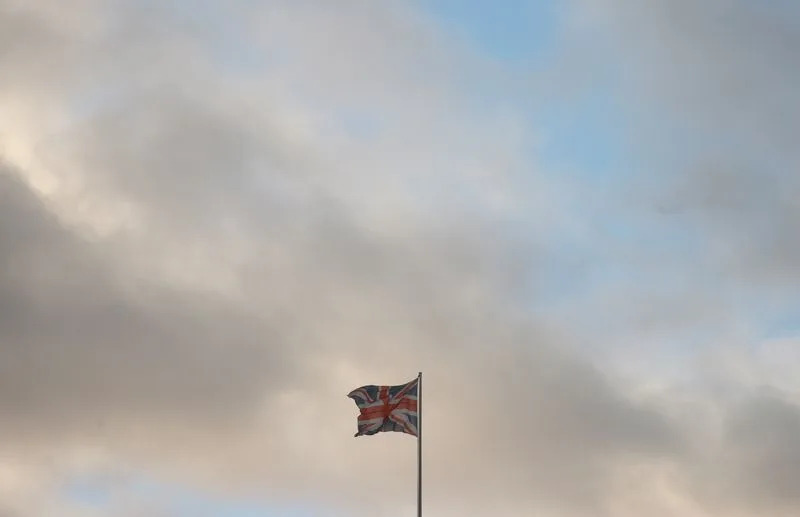LONDON, Nov 11 – The UK economy shrank in the July-September quarter at the start of what is likely to be a long recession, highlighting the challenges facing the Chancellor of the Exchequer. Jeremy Hunt, as he prepares to raise taxes and cut spending next week.
Economic output contracted 0.2% in the third quarter, less than the 0.5% contraction analysts had forecast in a Reuters poll, according to official data on Friday.
However, it was the first drop in gross domestic product since early 2021, when the UK was still under tight coronavirus restrictions, as households and businesses grapple with a severe cost-of-living crisis.
The UK economy is now below its pre-pandemic size – it is the only G7 economy yet to fully recover from the COVID downturn – and smaller than it was three years ago in terms corrected for calendar effect.
The Resolution Foundation think tank said that while the drop was smaller than investors had feared, it left Britain on track for its fastest return to recession since the mid-1970s.
Its research director, James Smith, said the figures provided a sobering backdrop for Hunt’s budget announcement on November 17, when he will try to convince investors that Britain can get its public finances — and economic credibility — back on track. — after Liz Truss’ brief spell as prime minister.
“The minister will have to find a balance between the sustainability of public finances, without further aggravating the cost of living crisis, or affecting public services, which are already stretched thin,” Smith said.
In response to the data, Hunt repeated his warnings that tough tax and spending decisions would be needed.
“I am under no illusions that there is a difficult road ahead, which will require extremely difficult decisions to restore confidence and economic stability,” Hunt said in a statement.
“But to achieve long-term sustainable growth, we have to control inflation, balance the books and get debt down,” he added. “There is no other way.”
THE REALITY OF THE RECESSION
The Bank of England said last week that the UK economy would enter a two-year recession if interest rates rose as high as investors had been calculating.
Even without further rate hikes, the economy would contract in five of the six quarters through the end of 2023, he said.
“Fears of a recession are becoming reality,” said Suren Thiru, director of economics at the Institute of Chartered Accountants in England and Wales.
“This drop in production is the beginning of a punishing period, as higher inflation, energy bills and interest rates weigh on revenues, pushing us into a technical recession from the end of this year.”
In the month of September alone, when Queen Elizabeth’s funeral was celebrated with a public holiday that closed many businesses, the UK economy shrank by 0.6%, according to the Office for National Statistics. This is a larger monthly drop than the median forecast of a 0.4% contraction in the Reuters poll and the biggest since January 2021, when there was a confinement due to COVID-19.
However, August gross domestic product data was revised to show a 0.1% contraction, versus the original reading of a 0.3% contraction, and July GDP is now seen to have grown by 0, 3%, against a previous estimate of 0.1%.

